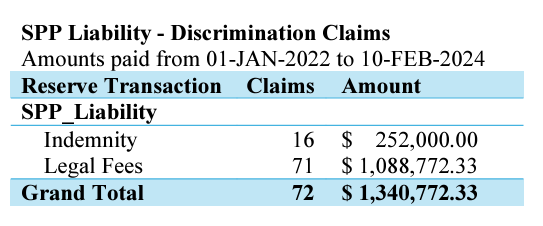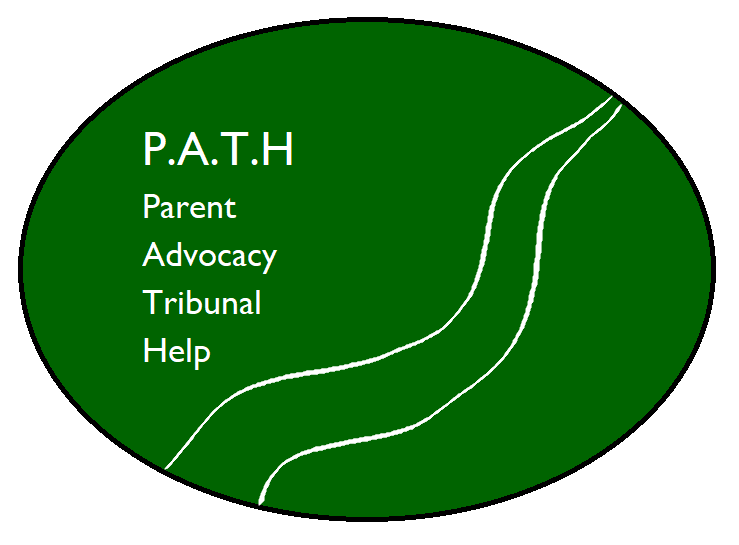This is the BC Human Rights Code.
“Code prevails
4 If there is a conflict between this Code and any other enactment, this Code prevails.”
This is why human rights law is our strongest form of advocacy.
It doesn’t matter what the school policies are.
It doesn’t even matter what the policies are that are written by the Ministry of Education and Child Care.
It doesn’t even matter what the School Act says.
The Human Rights Code supersedes everything.
The Supreme Court of Canada has already made it crystal clear. It supersedes all laws.
Insurance Corporation of British Columbia v. Heerspink, 1982 CanLII 27 (SCC), [1982] 2 SCR 145
“The Human Rights Code of British Columbia
When the subject matter of a law is said to be the comprehensive statement of the “human rights” of the people living in that jurisdiction,
[Page 158]
then there is no doubt in my mind that the people of that jurisdiction have through their legislature clearly indicated that they consider that law, and. the values it endeavours to buttress and protect, are, save their constitutional laws, more important than all others. Therefore, short of that legislature speaking to the contrary in express and unequivocal language in the Code or in some other enactment, it is intended that the Code supersede all other laws when conflict arises.”
Even the Accessible BC Act.
https://www2.gov.bc.ca/…/accessibility/legislation/summary
Scroll down to almost the bottom.
“Why doesn’t the law mention the Human Rights Code?
In British Columbia, the Human Rights Code prevails over all other laws. This is written in the Human Rights Code. Repeating this in the proposed law would not change this and may cause further confusion.“
Not all education staff are aware of human rights and specifically human rights and how it is applied in education.
I offer you three links of education law.
Duty to Accommodate – https://www.kbpath.com/information/
Education Law – https://www.kbpath.com/education-law/
Understanding Exclusion – https://www.speakingupbc.com/understanding-exclusion/
All of our human rights education law is written in case law created by tribunal members when they make their decisions.
Yes, our children are protected by the human rights code, but these rights are not limitless. Our children’s rights are protected as they are DEFINED under the human rights code.
That means their rights are limited by the legal test that the BC Human Rights Tribunal uses, under the Code. You are not allowed to discriminate against our kids in school, without a bona fide and reasonable justification. And that leads us to read case law to find out, what that means. Lots of case law. That leads us to the Duty to Accommodate to explain what the school is responsible for and what we are responsible for.
So that means…
If the school is quoting their school district policy about not having parents attend an IEP meeting, that will conflict with the duty to meaningful consultation that is defined by case law. Hewko v. B.C., 2006 BCSC 1638 para 343-361.
It doesn’t matter what policy says what, they need to engage in meaningful consultation with us, as defined by human rights law.
In the same breath, I can assure you, that teacher classroom autonomy does not supersede the human rights code. So no matter what teachers think about their classroom autonomy rights, the Human Rights Code supersedes all of that, and your child’s human rights are above their preferences of how they manage their classroom.
It really is a systemic failure that education staff know so little about human rights and their responsibilities. It shouldn’t fall on parents to teach them this.
Accommodations are not extras. They aren’t optional. They aren’t earned with good behaviour. Your child’s teacher has the legal responsibility to provide your child with an equitable education. Period.
If you feel your child is facing discrimination, not getting the accommodations they need and the school isn’t consulting with you, use human rights law to advocate for your right to be consulted with regarding your child’s education. And, if you want to file a human rights complaint, I suggest you contact the BC Human Rights Clinic for help.
Schools fall under the SERVICE category.
*********
Discrimination in accommodation, service and facility
8 (1)A person must not, without a bona fide and reasonable justification,
(a)deny to a person or class of persons any accommodation, service or facility customarily available to the public, or
(b)discriminate against a person or class of persons regarding any accommodation, service or facility customarily available to the public
because of the Indigenous identity, race, colour, ancestry, place of origin, religion, marital status, family status, physical or mental disability, sex, sexual orientation, gender identity or expression, or age of that person or class of persons.
(2)A person does not contravene this section by discriminating
(a)on the basis of sex, if the discrimination relates to the maintenance of public decency or to the determination of premiums or benefits under contracts of life or health insurance, or
(b)on the basis of physical or mental disability or age, if the discrimination relates to the determination of premiums or benefits under contracts of life or health insurance.
************
To read case law decisions connected to human rights law, visit www.speakingupbc.com and go to my Human Rights Decisions (Cases) tab. This is not all cases, but I think it’s a great starting point.
Human rights-based advocacy is our sword and our shield.


